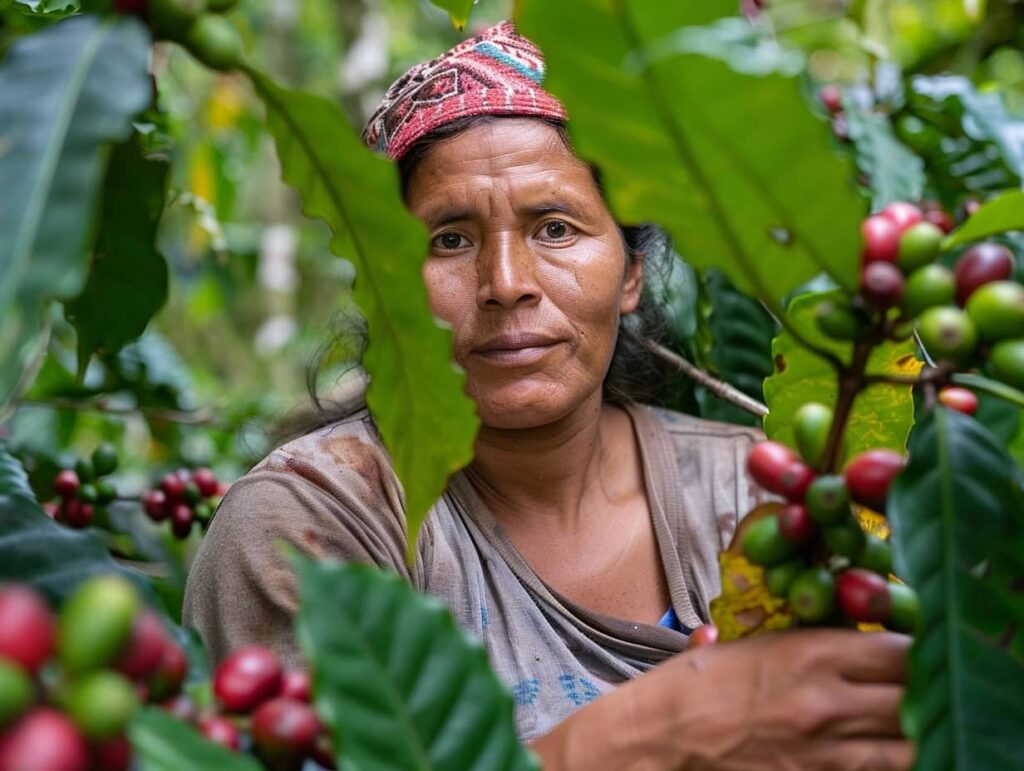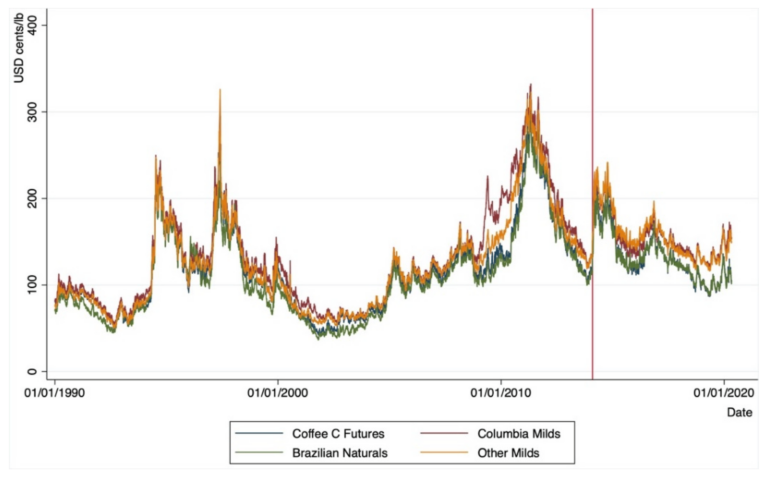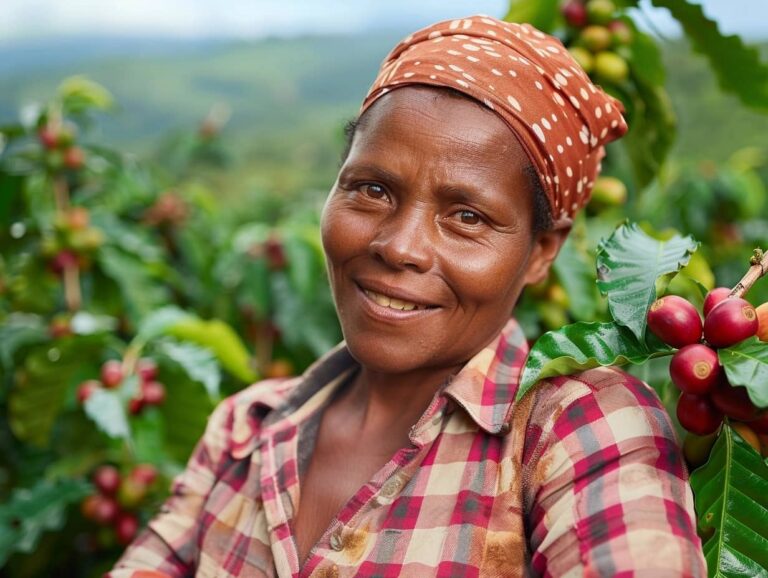How a Nonprofit is Crushing “One of the Great Inequities in Health Care” For Women Coffee Producers

Ever wonder what happens to the women who produce your coffee?
Here’s a shocking truth:
Many are dying from a preventable disease.
But there’s hope.
Let’s dive in.
Meet Grounds for Health: The Game-Changers
Grounds for Health just won the NCA Origin Charity of the Year Award.
Why?
They’re fighting cervical cancer in coffee-producing regions.
But here’s the kicker:
This cancer is preventable.
So why is it still a problem?
The Ugly Truth About Health Care Inequity
Here’s the deal:
Cervical cancer is one of the greatest health care inequities in developing nations.
But Grounds for Health is changing that.
How?
By providing:
- Cervical cancer screenings
- Treatment for women in coffee lands
And the results?
They’re mind-blowing.
The Numbers Don’t Lie
Check out these stats:
- Over 92,000 women screened
- More than 6,700 treated
- 520 doctors and nurses trained
- 1,000+ Community Health Promoters trained
But here’s the real kicker:
They’re building local capacity to ensure the work continues.
What Makes Grounds for Health Different?
Two words:
Simple and inexpensive.
They use screening and treatment techniques that are:
- Easy to implement
- Cost-effective
- Same-day screen and treat approach
Think about that.
They’re not just treating women. They’re revolutionizing healthcare in these regions.
The Challenges of Working at Origin
Working in coffee lands isn’t easy.
Here’s what they face:
- Cultural differences
- Language barriers
- Poor connectivity
- Transportation issues
But guess what?
They’re crushing it anyway.
The Power of Coffee Community
Here’s something amazing:
The coffee industry has been supporting this work from day one.
Why?
Because they have a strong sense of social responsibility.
Think about that next time you sip your morning brew.
Want to Make a Difference?
Here’s how you can help:
- Read about their work
- Talk about their work
- Advocate for cervical cancer prevention at origin
- Become a donor
Remember:
Small actions can lead to big changes.
The Bottom Line
Grounds for Health is doing more than preventing cancer.
They’re:
- Saving lives
- Empowering communities
- Changing the future of coffee-producing regions
Now, I’m curious:
How does knowing this impact your view of the coffee industry?
This article was originally Compiled & edited by Kyra Auffermann, NCA




